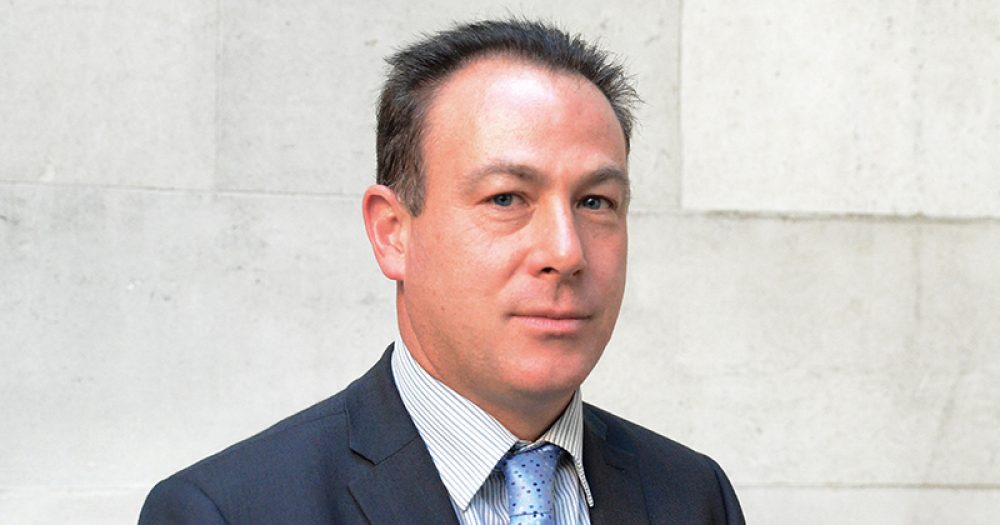Ofsted is launching research into FE subcontracting – off the back of government plans for a radical overhaul of these rules amid high-profile cases of “deliberate” fraud.
Inspectors will carry out pre-arranged visits this autumn to a variety of subcontractors that have contracts with providers who have been recently inspected.
At the same time, Ofsted will examine its previous inspection reports for references to subcontracting, and hold focus groups with inspectors about the “process of evaluating subcontracted learning”.
The aim is to “learn more about the subcontracting landscape and the impact that a contract between a main provider and subcontractor can have on the learning experience”.
“The research will also inform how we inspect main providers that choose to use subcontracted provision,” an Ofsted spokesperson said.
It is understood this work will mainly look at whether management fees, which have controversially grown to as much as 40 per cent on subcontract values, as revealed by FE Week, are having a detrimental impact on learners’ education.
The research visits are not inspections and will not result in a written report for the subcontractor.
FE Week analysis of Education and Skills Funding Agency data shows that subcontracting accounted for £650 million in government funding for adults last year, and the practice fully or partially funded 25,230 students aged 16 to 19 at 587 subcontractors.
Ofsted claimed that since February 2018, it has “increased our focus on the management and quality of subcontracted provision” but it still places responsibility for learners’ experiences on the main provider and do not directly inspect standalone subcontractors.
Ofsted deputy director for FE and skills, Paul Joyce (pictured), said: “I hope this research will give us more insight into the experience learners get at a provider, which in turn will help us refine this part of our inspection work.
“We will work with subcontractors who take part in the research to make sure we do not place an additional burden on staff. All visits will be carried out purely for research purposes and will not double up as inspections.
“This research is part of our commitment to be a force for improvement in the sectors we inspect, and to make sure that everything we do is supported by evidence.”
It comes after the Education and Skills Funding Agency “shocked” hundreds of providers in July it demanded that all subcontracting contracts include for the first time a “list of individually itemised, specific costs for managing the subcontractor”.
In addition to listing the services, the contract must include “how each cost contributes to delivering high-quality training” and “how each specific cost is reasonable and proportionate to delivery of the subcontracted teaching or learning”.
The contracts were originally meant to be written in time for the start of the 2019/20 academic year, but a week after the announcement the ESFA said it would have a phased implementation following sector outrage.
And last month, Eileen Milner, the chief executive of the ESFA, sent a sector-wide letter warning of rule changes to subcontracting and that she will take strong action against any provider that abuses the system.
She said there are currently 11 live investigations into subcontracting, with issues underpinning them ranging in seriousness from “complacency and mismanagement”, through to matters of “deliberate and systematic fraud”.
She revealed the government will review its current subcontracting rules later this year.
Areas under consideration include “placing limits on the permitted geographical distance between a directly funded institution and the location where subcontracted provision is delivered”.
Other areas being looked at include the “balance of oversight and accountability arrangements, and with which bodies they should rest; reasonable expectations of the external audit process; and reviewing the aggregate funding value of subcontracted provision held by subcontractors”.
There have been a number of high-profile subcontracting scandals in recent years, including the Luis Michael Training case where its owners, which included two former professional footballers, created “ghost learners” and were jailed for over 25 years combined.
The most recent subcontracting scandal, exposed by FE Week, involved Brooklands College and resulted in the ESFA demanding a £20 million clawback.









Your thoughts